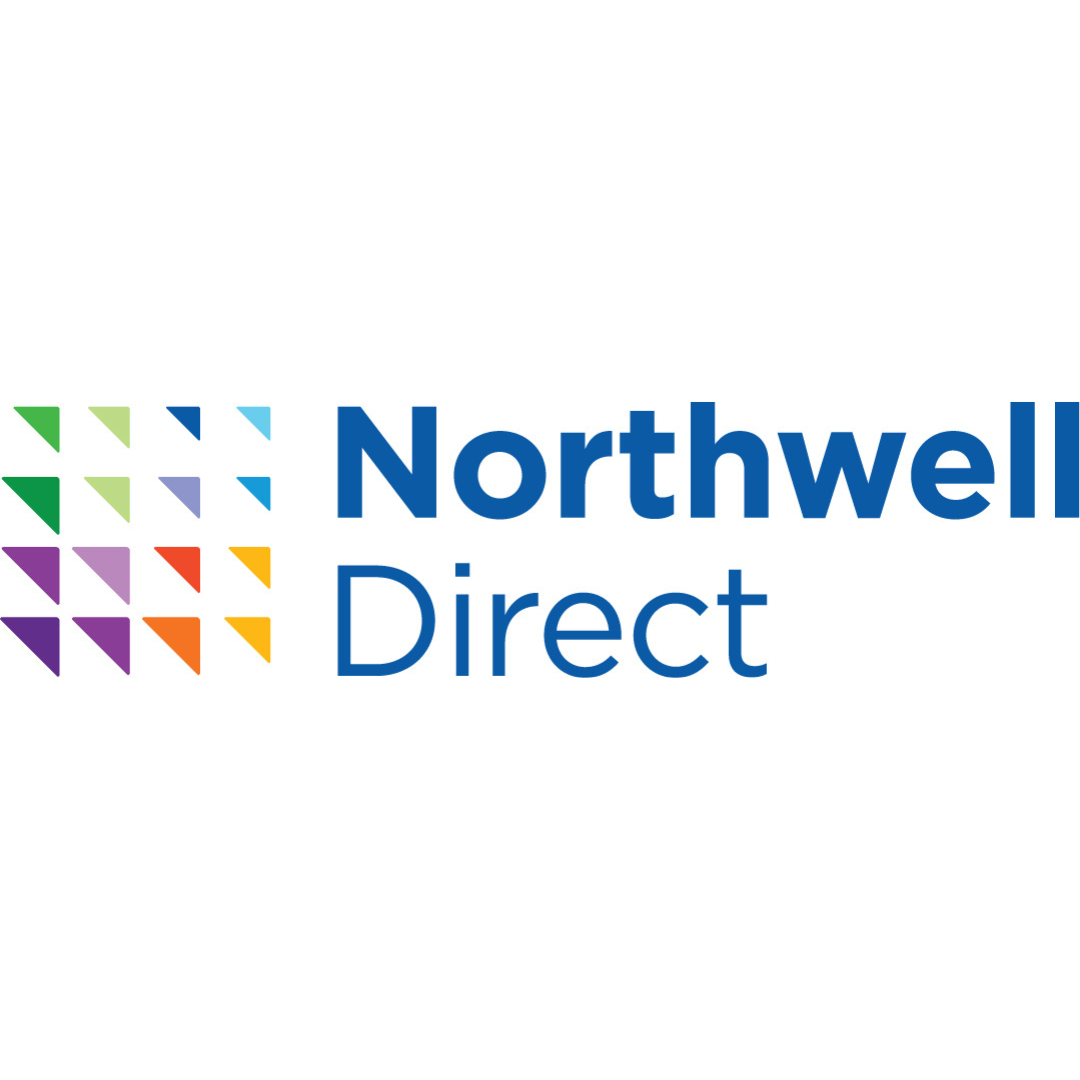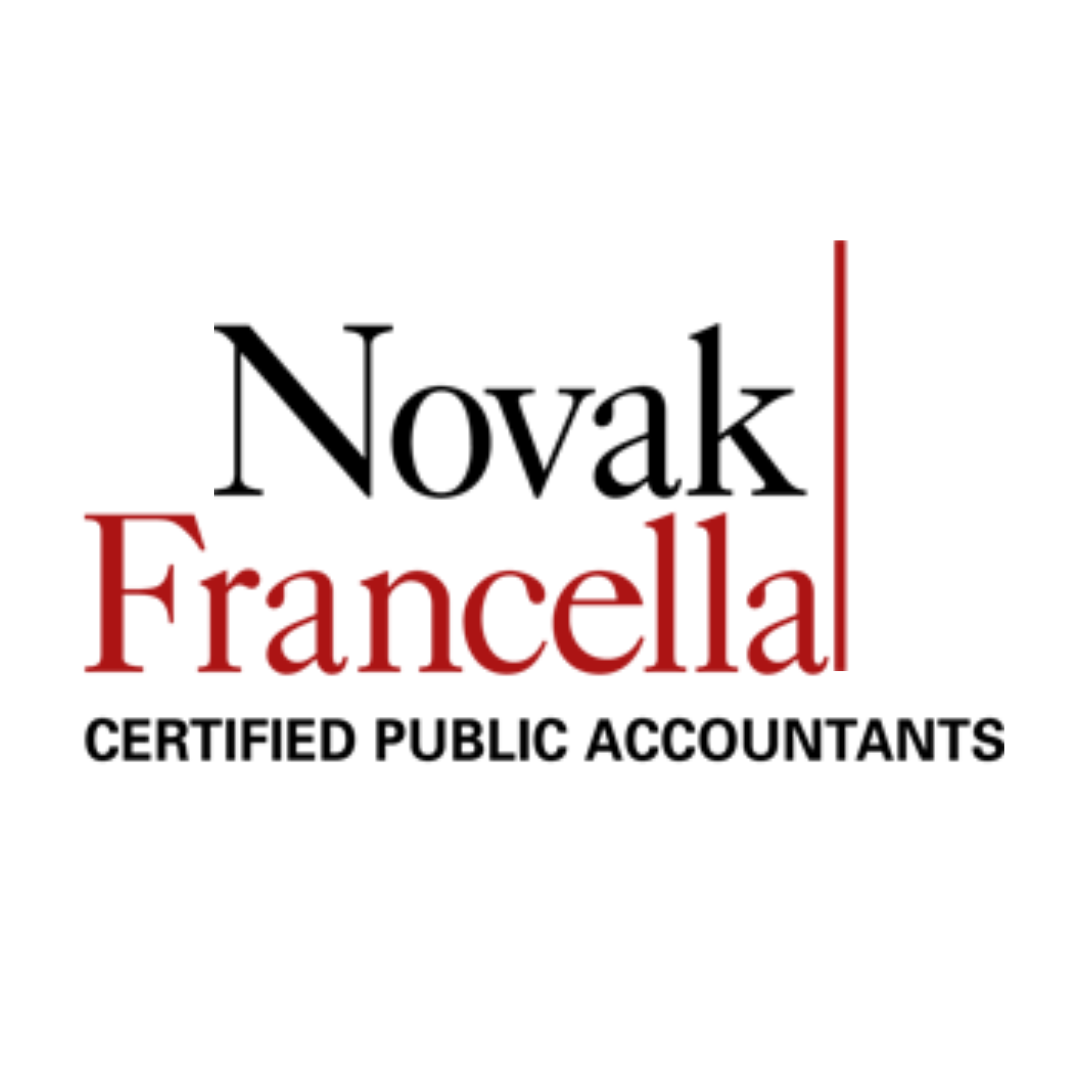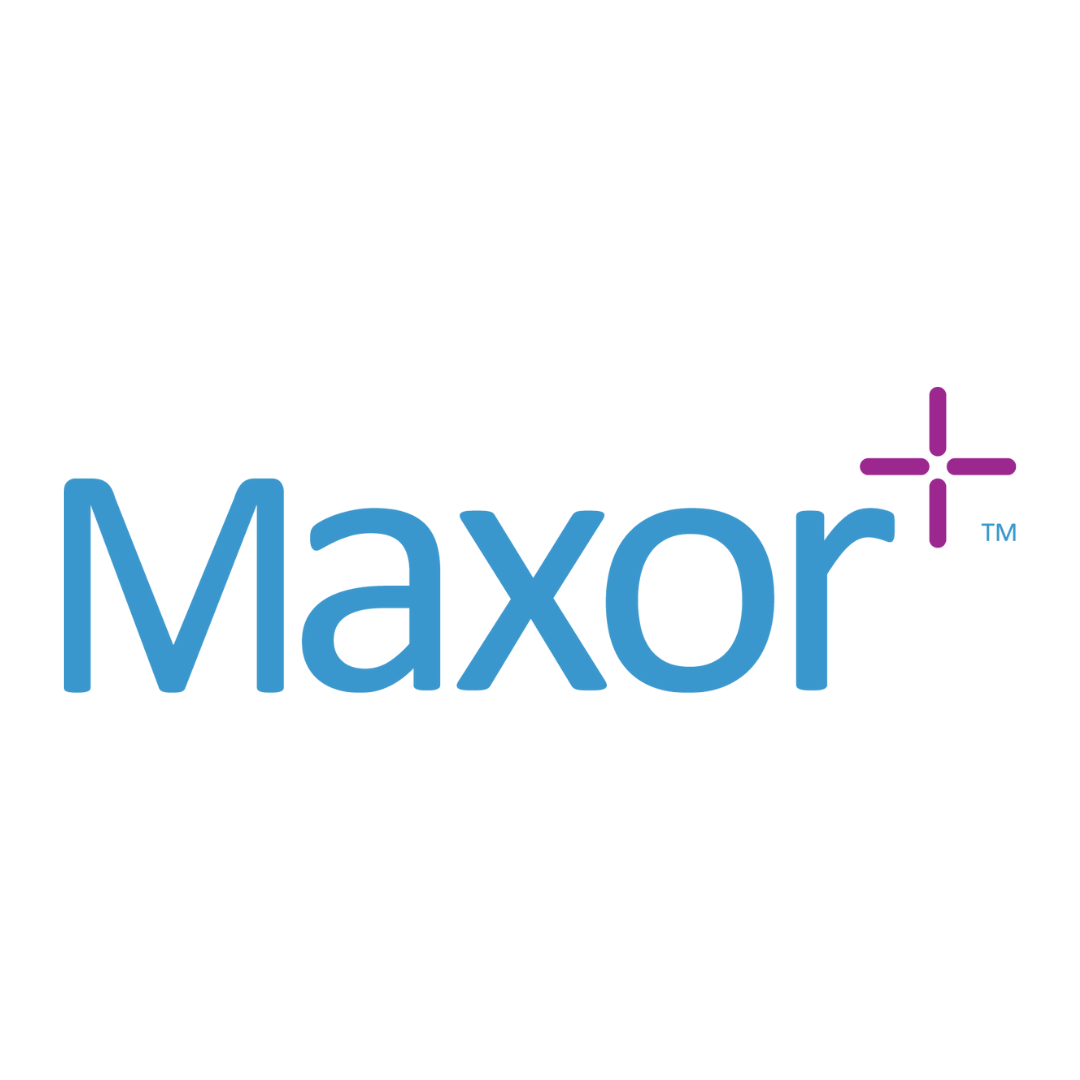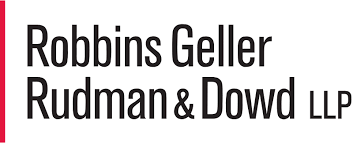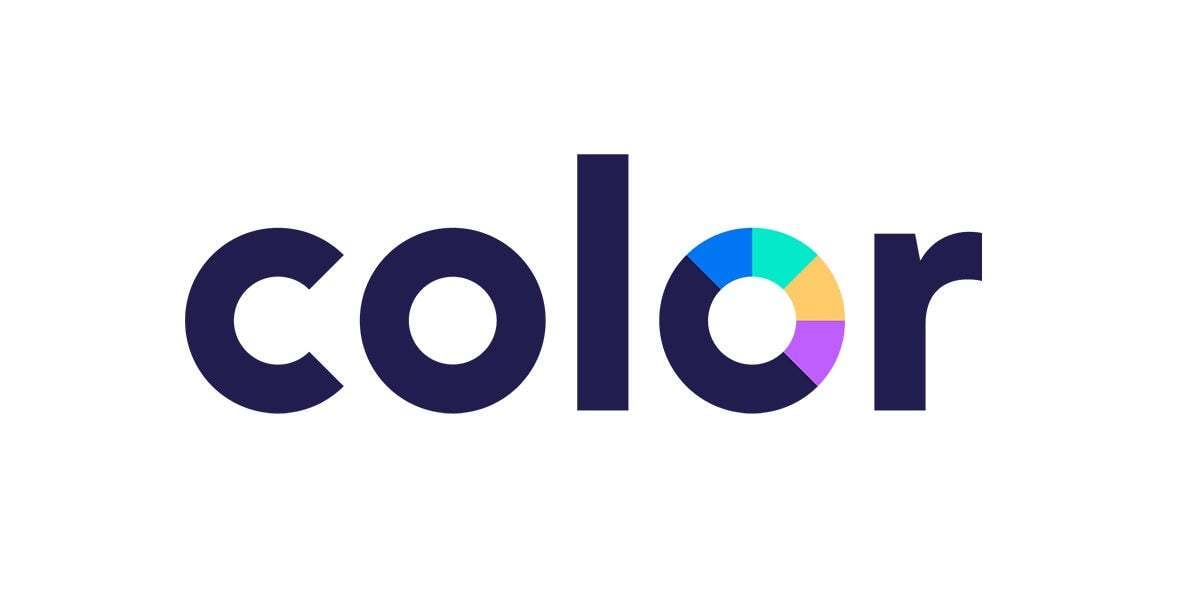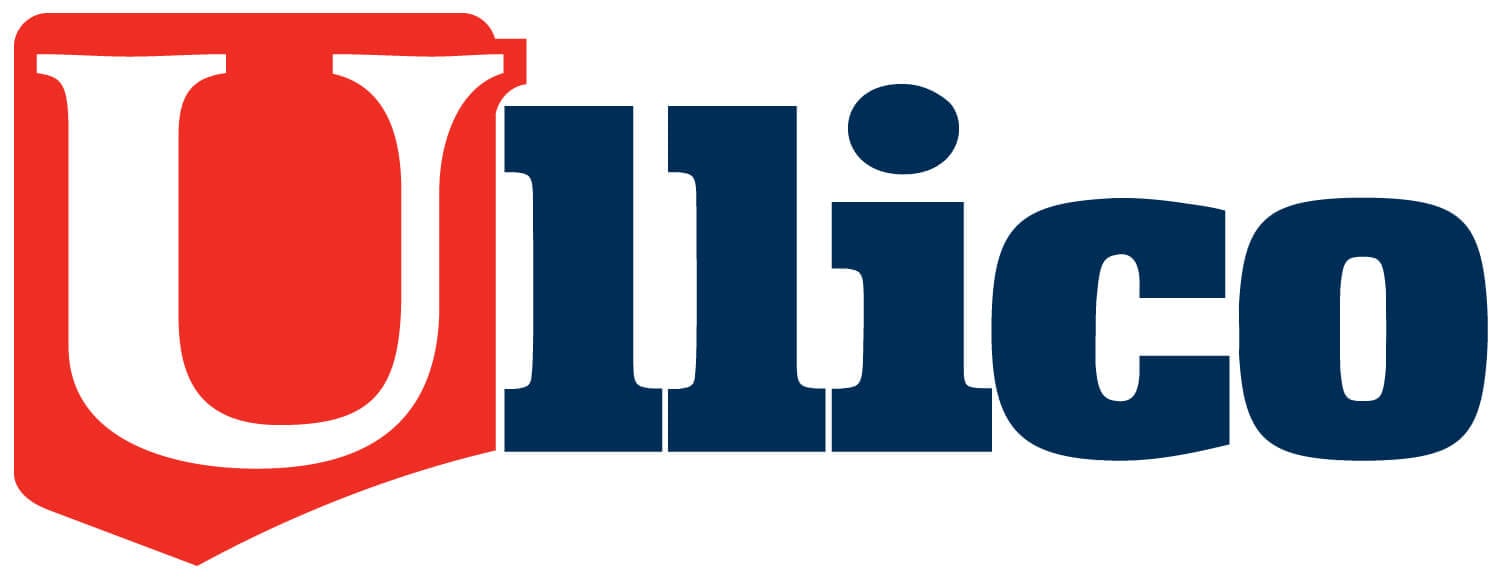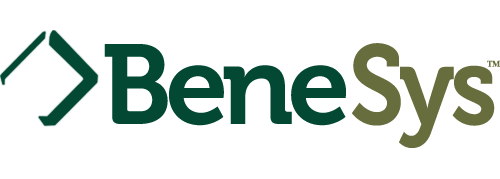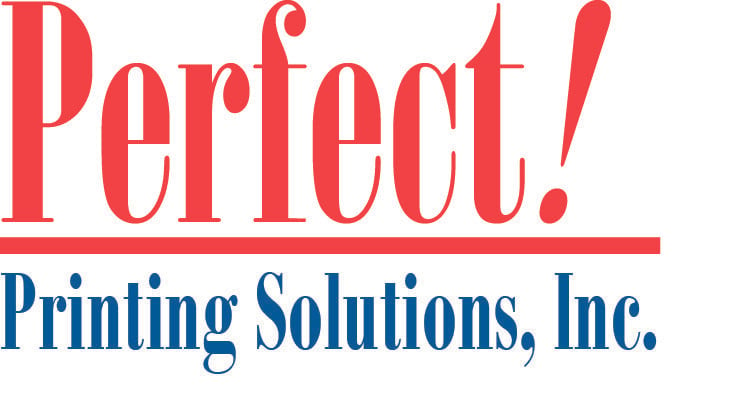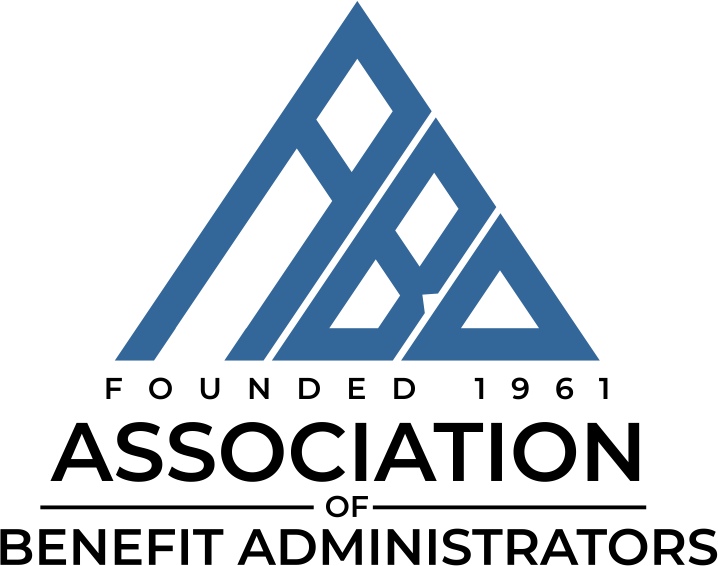Your Essential Year-End Financial Checklist [2021]
December 2, 2021

It’s the end of another pandemic year and it’s safe to say we’re all ready to bid 2021 goodbye. But before you let the holidays take over completely, set aside some time to get your finances in order. So grab a notebook and some snacks and get ready to tackle your year-end financial checklist.
Your Year-End Financial Checklist
Every suggestion may not apply to your situation, but they can offer you an annual roadmap and some ideas to explore down the road. After all, you don’t want to waste money, incur penalties, or pay any more taxes than you absolutely have to.
1. Do a 60-minute end-of-the-year review.
With pen and paper in hand, (and your partner, if you have one), take time to look back at the past 12 months. Did you stay on budget, or spend more than you had planned? Did you save more or less than what you hoped to? Were you able to pay off debt, or did unexpected expenses set you back?
Be honest as you write down your answers. Even if there are some areas that need improvement, whatever your situation, you can gain mastery over your money by committing to making those changes.
2. Go over your insurance policies.
Life has been full of uncertainties recently which means ensuring that you’re protected is more important than ever. Review any existing policies you or your family have, especially life insurance, homeowner’s or renter’s insurance, car insurance, and health insurance, and ask yourself a few questions:
- Does the original reason you needed coverage still exist or should you look at other insurance products?
- Do you need more or less insurance in the coming year?
- Do your deductibles need to be adjusted?
- How do your insurance policies fit into your budget for the year? What changes might you need to make?
Going through each of your policies one by one will help you get a better sense of where your money’s going and help you feel a bit more prepared, just in case.
3. Plan for large expenses coming up in the next 6-12 months.
Are you expecting any major life events within the next year, such as a wedding, divorce, birth, or starting college or a small business? Is there dental work or a big medical procedure on the horizon? Maybe your home needs repairs, or you need a more reliable car.
Whatever your financial situation, when it comes to paying for large expenses, you have options: saving up the cash, taking out a personal loan, using a credit card, refinancing your existing car loan, and more. Just be sure you do it without hurting your finances. Take on new debt only if you can fit the monthly payments into your budget. And do your research to find the best terms and lowest rates possible.
And if the past couple of years have taught us anything, it’s to expect the unexpected, so remember to factor in an emergency savings plan for unforeseen costs that may come up.
4. Review your credit card rewards and offerings.
2020 and 2021 were huge for e-commerce and digital banking but also saw Americans being more conservative with credit card ownership and usage. This (and the recession) led a lot of major credit card companies to expand their rewards programs and offer pandemic specials, like limited-time bonus points or free subscriptions.
As you go through your financials, take a second look at your current credit card offerings. Are the terms as favorable as they could be? It might be worth checking with your credit card issuers to see if they have any additional offers that you can jump on to maximize your rewards and make a bit extra.
5. Get ahead of next year’s tax return.
On December 31, your personal tax year is over. Grab a large envelope, accordion file, or box, and gather your year-end bank statements, tax documents, and receipts. If you prefer to go digital, organize all your paperwork into an accessible, secure online storage space.
Employers typically mail W2s and 1099s in January. If you collected unemployment insurance, the state sends Form 1099-G. Your lender will send Form 1098-E if you paid student loan interest. Don’t forget to make sure all these institutions have your current address on file.
Skim your latest tax return for potential deductibles and note down any tax losses, credits, and payments to share with your tax professional. Remember to review your tax bracket for the year to get a better sense of what you might owe. If you start preparing now, come tax season you’ll feel less stressed, be ready ahead of time, and avoid those late filing fees.
6. Revisit your tax withholding.
Changes in dependents, income, and marital status can all affect your tax bill. Use the IRS’s tax withholding calculator to decide how much you want to be withheld from your take-home pay moving forward.
If you find saving on your own difficult to do, having more taxes withheld from your paycheck could mean a bigger tax refund (and a bigger savings cushion) come April. On the other hand, if you’re in debt and got a big tax refund last year, consider having less money withheld and use that cash to pay off your debt faster.
7. Make a plan for your flexible spending account (FSA).
A flexible spending account allows you to set aside pre-tax money to pay for health care or dependent care expenses not covered by your health plan. If you have unspent money left in the account, find out the deadline for using it, or ask your employer if they permit balance carryovers into the following year. And while you’re at it, reevaluate how much you want to set aside next year.
8. Contribute to a health savings account (HSA).
If you’re on a high-deductible health plan (HDHP) and not enrolled in Medicare, you may qualify to make tax-free contributions (up to a maximum amount) to a health savings account to pay for medical expenses and lower your taxable income. The money in the account can be invested tax-free, and if you use it for qualified medical expenses you won’t owe any taxes on it.
9. Consider charitable donations as holiday gifts.
Many charities and nonprofits see their biggest fundraising dollars come in at the end of the year. And for good reason. Making a charitable contribution in a loved one’s name can make a great holiday gift. And if you itemize expenses on your tax return, your charitable contribution may be deductible. Just gather those gift receipts so you’re ready when April rolls around.
10. Set up your social security benefits sooner than later.
Even if you’re under 60, it’s a good idea to set up an online account with the Social Security Administration now. Not only will you receive personalized information about projected retirement benefits (or what you’d receive if you became disabled), it’s cool to see what you’ve earned over your lifetime on one page.
Knowing what your benefit could be will help you with retirement planning. Whatever benefits you do receive will depend on what you’ve paid social security tax on. So make it a habit to revisit your account at least once a year and correct any mistakes.
11. Double-check your designated beneficiaries.
When you apply for a life insurance policy, 401(k), IRA, and even some non-retirement accounts, you will be asked to name one or more beneficiaries. A beneficiary is the legal name of the person or persons you want to inherit the proceeds from your accounts or policies after you die.
This can make a huge difference to your estate planning because many people don’t realize that a will (if they have one) does not control who receives all of their assets when they pass away. So not naming beneficiaries when you’re asked to could mean your money gets tied up in probate (a big hassle) for months or years. Know the critical mistakes to avoid when naming beneficiaries.
12. Get a free copy of your credit report.
You’re entitled to one free copy of your credit report from each bureau, every year. The Federal Trade Commission (FTC) website explains your right to a credit report and provides contact information for their authorized vendor.
During COVID-19, this offering has been extended so that everyone can get weekly free credit reports from the three major bureaus: Equifax, TransUnion, and Experian. The offer ends in April 2020, so take advantage of it while you still can. Once you’ve got your report in hand, carefully review it and correct any errors.
13. Pay down your credit card debt.
For many, the pandemic and recession have led to less credit card usage and better overall credit scores. But even if you’ve been good with your spending, that doesn’t mean you should sleep on debt. Gather all the information you can about your credit cards, your remaining balances, and their due dates and interest rates.
A good rule of thumb for paying off credit card debt is to start with the cards that have the highest interest so you don’t pay a penny more than you need to. You could also consider consolidating your debt with a loan.
14. Make a financial New Year’s resolution.
Every new year presents a fresh, new beginning. What are your financial goals? Will you finally pay down your credit card debt, or improve your credit score? How much would you like to see in your emergency fund in 6 or 12 months from today? Maybe you’d like to get some retirement planning advice or investment advice from a financial advisor. Or maybe you want to diversify your existing portfolio, or start investing for the first time (even if it’s just a small amount). Whatever your financial goals, write them down, create some milestones, and think positive.
The Bottom Line
When you take time at the end of the year to look back at how far you’ve come, and what steps you still need to take to plan ahead for a healthy financial future—you’ll feel more in control of your money and your life.
Remember, it’s always a good idea to consult with a licensed tax professional or financial professional for answers and advice about questions related to your specific tax and/or financial situation. LendingClub does not provide tax advice.
Year-End Financial Checklist FAQs
What is a financial planning checklist?
A financial planning checklist is a list of steps that you can take to keep your personal finances in order and work towards financial goals. It helps promote healthy decision-making and preparedness.
How do you create a financial checklist for a year?
A good annual financial checklist starts with knowing exactly where you’re at financially, which means taking a close look at your income, expenses, and short and long-term goals.
What should a financial plan include?
A successful financial plan should help you assess your budget, cash flow, and other assets to reduce bad spending habits and make sure you’re moving towards your financial goals. It’ll also help you manage taxes, savings, debt, and any major short or long-term expenses.
What if I need help creating a financial plan?
Many aspects of financial planning, such as taxes, insurance, and investments, may require professional help. Talk to a financial planner, finance professional, or tax professional before you make any major decisions.
End-Of-Year Financial Checklist for 2021: 14 Tasks | LendingClub



